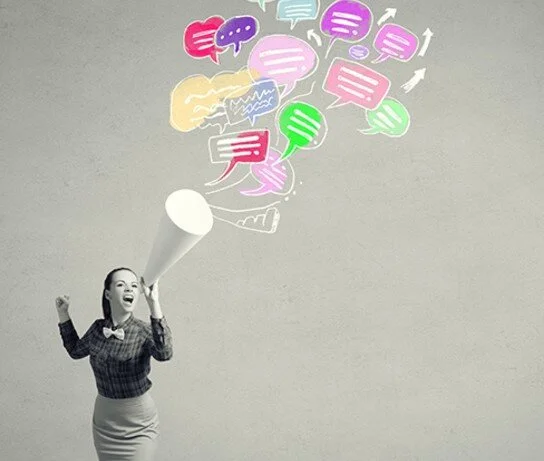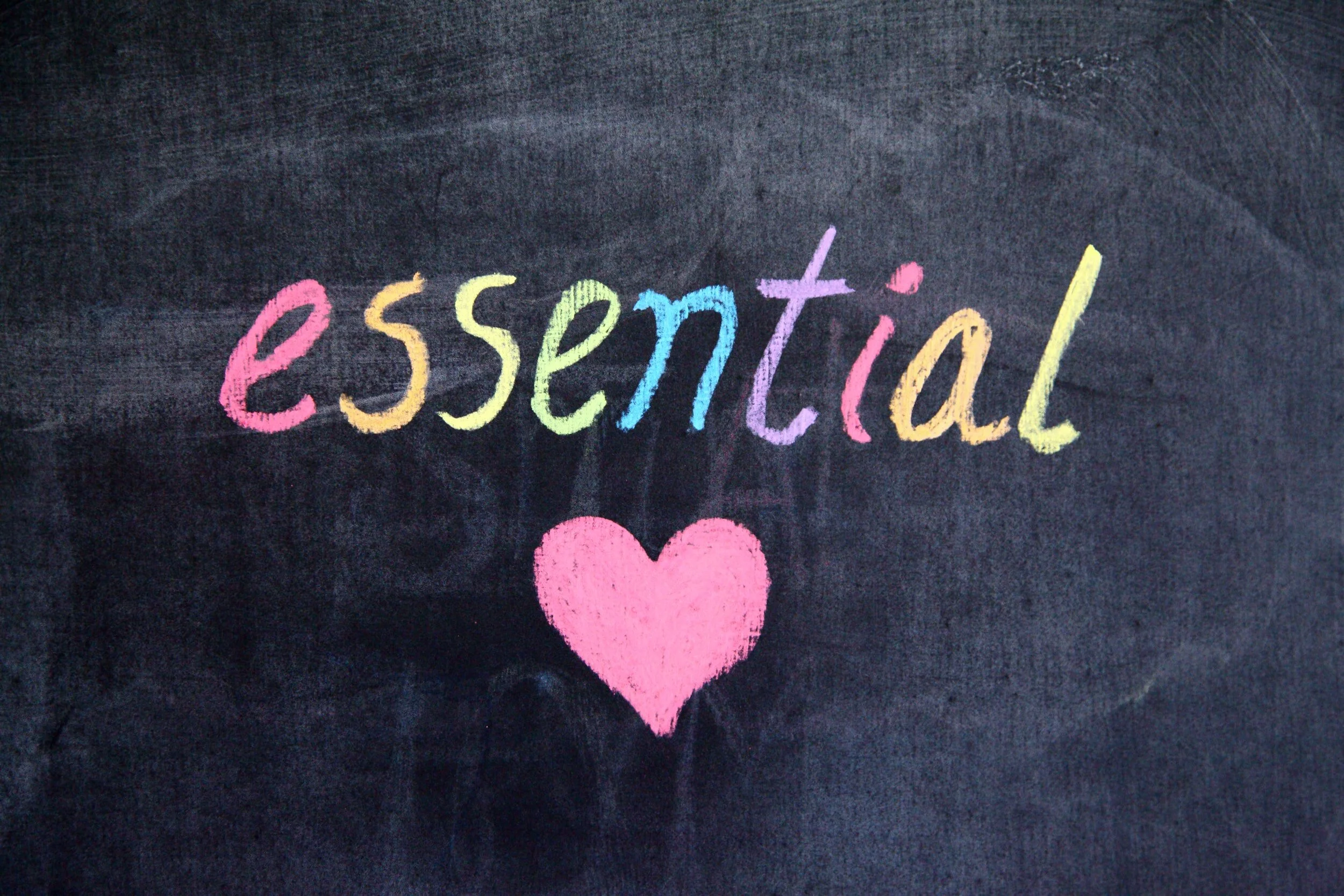The Language Of Empowerment: What Do You 'Get To' Do?
Hi, I'm Liz Moser, a Mayo Clinic and National Board Certified Health and Wellness Coach.
Miriam Webster’s dictionary defines empowerment as:
The granting of power, right, or authority to perform various acts or duties.
Or simply,
The power, right, or authority to do something.
Feeling empowered is about standing in your truth and giving a voice to your likes, dislikes, wants, needs, beliefs, and preferences. It’s first speaking your mind with confidence and then taking actions that foster your highest good.
My job as a coach is to help my clients uncover their wants, needs, beliefs, and preferences, then support them in expressing them succinctly and finally helping them bring whatever they want, whatever their goals are, to fruition. Coaching is the process of supporting my clients in uncovering and bolstering their power, right, or authority to do whatever they desire.
Coaching is all about empowering my clients, and one seemingly small way I do that is by encouraging their language of empowerment.
For instance, when I hear,
My doctor said I need to eat better.
My family is worried about my health.
Working moms have it rough.
People like to feel in control.
I gently interrupt the conversation and ask my clients what they want or what they feel?
Do they want to eat better?
Are they worried about their health?
As a working Mom, do they have it rough?
Do they like being in control?
As soon as I can shift the coaching conversation back to them and they start speaking in the first person saying, ‘I want,' ‘I am worried,' ‘I need,' ‘I like.' That is when they start empowering themselves by speaking their mind. Even if they are unclear about what they want or need. Fine. That is where the coaching can begin, right there in their uncertainty or ambivalence.
In addition to communicating in the first person or saying ‘I’ instead of speaking in generalities such as ‘all people’, or ‘we,’ I listen for statements including have to, must, ought to, or should.
Such as when I hear:
I have to eat better.
I must start working out.
I ought to study harder.
I should start meditating.
I ask my clients what they want to do, choose to do, could do, or even what do they get to do?
So, instead of,
I have to eat better. How about I want to eat better?
I must start working out, becomes I choose to workout.
I should start meditating, turns into I could begin meditating.
I ought to study harder, perhaps transforms into I get to study harder.
Say each of those sentences out loud, and tell me how your body feels as you say each of them. How is your jaw? Your shoulders? Your back and your breathing? Do you sit a little taller when you swapped out want, choose, could, and get to for have, must, should, and ought to?
Have to, must, ought to, and should feel heavy, and if you are observing your complaining and criticizing as I know many of you are after reading my two blogs on that subject (blog one, blog two), I’d argue that most of the time when those words leave your mouth you are complaining about how things are or you are criticizing yourself or the situation.
And want to, choose to, could, and get to feel lighter in your body more powerful like you are in the driver seat of your life. Particularly get to. Get to transforms almost any statement into an expression of gratitude.
Listen to these statements:
I get to drive my kids to violin practice.
I get to brush and floss my teeth.
I get to clean out the cat box.
I can hear it now 😉! Oh, Come on, Liz? Ha! Really? Yes, Really!
When you take your kids to their violin lessons, you get to experience pride in their musical ability. When you floss and brush, you get to keep your teeth into old age. When you clean out the cat box, you get to enjoy a pleasant-smelling home. Yes, that’s how it works!
I suggest you turn your ‘have-to’s’ into ‘get to’s’ and watch your sense of gratitude flourish.
Empowering language pulls us out of the mire of victimhood. It is about speaking about what you dislike and where you struggle or what you want and desire from the first person as opposed to speaking in generalities. It is about voicing what you're ‘choosing to do’ as opposed to what you ‘have to do,’ and it’s even about reframing what we ‘must-do’ into what we ‘get to’ do in an effort to find the small gratitudes in our everyday life.
I’m Liz Moser, a Mayo Clinic and National Board Certified Health and Wellness Coach, and thank you for reading this blog about the language of empowerment. If you have any questions about this video, about health and wellness, or wellness coaching with me, please reach out via my website at lizmosercoaching.com
Bye for now and be well,
Liz






